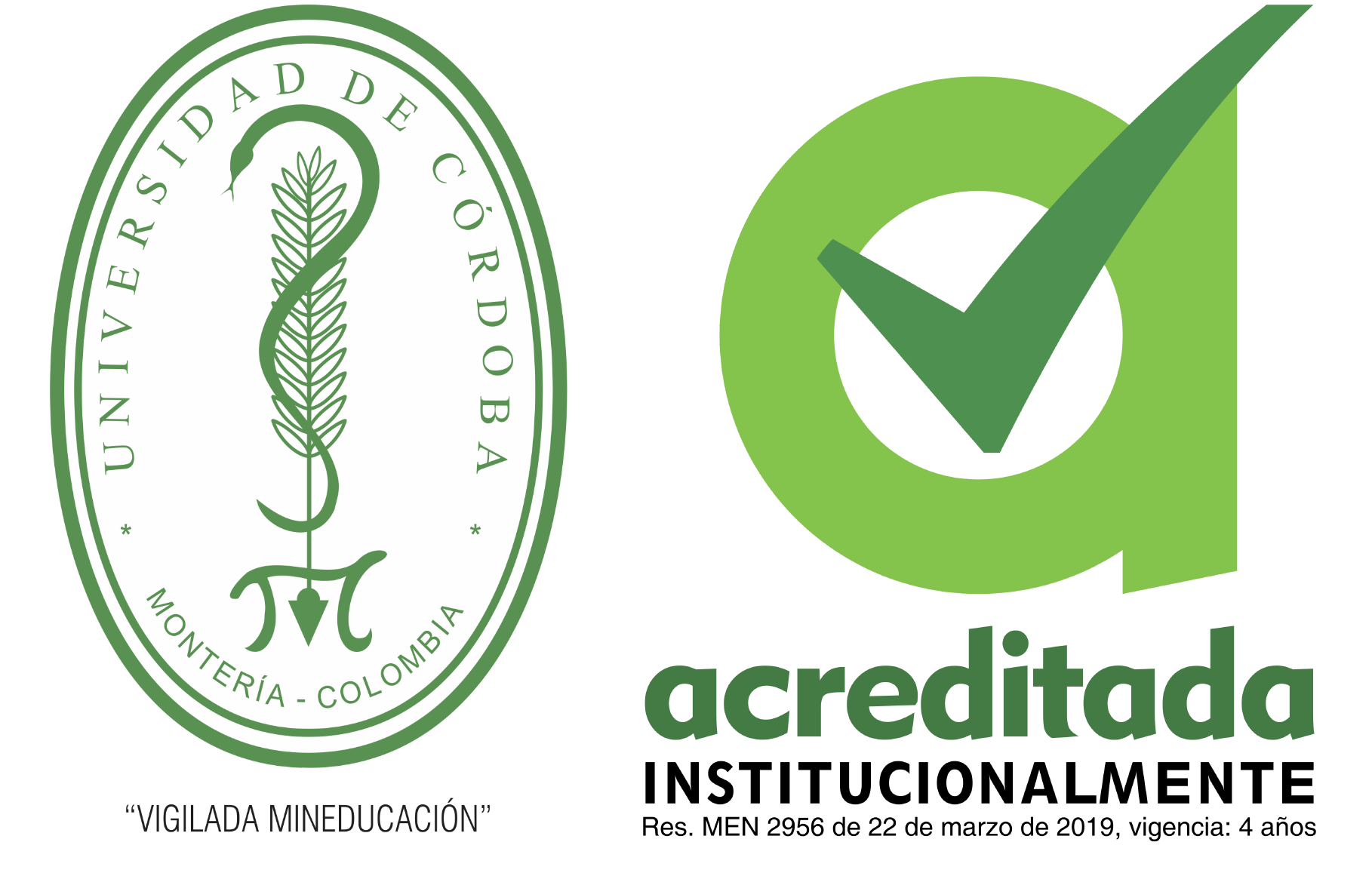Process Of Reading Writing And Its Influence On The Integral Formation Of Children In Initial Education.
Proceso De Lecto Escritura Y Su Influencia En La Formación Integral De Los Niños En Educación Inicial
Show authors biography
This article presents a problem regarding the reading and writing process and the deficiency observed in the early education panorama in rural contexts.
We observe that children arrive at primary school with many deficiencies in the development of reading and writing and therefore many other difficulties begin here in their learning processes in general and that limit and hinder a good development of the other areas.
The proposed objective was based on the strengthening of reading and writing through playful strategies that facilitate learning in a fun way and without pressure, since observing the development of these in the classroom it was noticed that children did not respond effectively to traditional methods that were being carried out.
For this reason, we executed these processes based on three successful educational strategies which were: interactive groups, literary dialogic gatherings and the extension of learning time through which we were able to speed up and advance a lot in the development of reading, writing and communication skills.
We reinforced these processes taking into account the principles proposed in the development of these strategies such as the dialogic approach, from a perspective of equality, participation, collaborative work, strengthening the interaction of children with the surrounding community groups and the recognition of cultural identity.
The application of these strategies allowed a significant progress in overcoming the difficulties that were presented and a great motivation to exercise reading and advance in their different levels of comprehension.
Article visits 157 | PDF visits
Downloads
- Bruner, J. (2011). Aprendizaje por descubrimiento. NYE U: Iberia.
- Cano Rodríguez, B. (2015). La lectoescritura en Educación Infantil: actividades para mejorar su desarrollo en el aula.
- Pallarés-Domínguez, D. (2016). Neuroeducación en diálogo: neuromitos en el proceso de enseñanza-aprendizaje y en la educación moral. Pensamiento. Revista de Investigación e Información Filosófica, 72(273 Extra), 941-958.
- Carrera, B., & Mazzarella, C. (2001). Vygotsky: enfoque sociocultural. Educere, 5(13), 41-44. https://www.redalyc.org/pdf/356/35601309.pdf
- Baquero, R. (1996). Vigotsky y el aprendizaje escolar (Vol. 4). Buenos Aires: Aique.
- Quiroz, G. E. D., & Vasquez, E. R. C. (2023). Desempeño docente en el área de lenguaje en la comprensión lectora. Caso: estudiantes de 6to grado. IE. 5170 Perú Italia. Puente Piedra. Lima. IGOBERNANZA, 6(22), 540-558.
- Román, J. P., Panta, A. B., & Figueroa, D. M. (2023). La lectoescritura como elemento fundamental en el proceso de enseñanza aprendizaje de los estudiantes de Básica Media. 593 Digital Publisher CEIT, 8(1), 328-347.
- Cruz Pisto, M. (2013). Mikhail Bakhtin y la retórica: un diálogo posible y productivo
- De Gómez, J. V. D., Peñate, M. R., & Escoto, J. P. (2023). El mejoramiento de la formación continua del docente de educación inicial en lectura y escritura. Varona. Universidad Autónoma de Santo Domingo.
- Gordon, W. (2001). Indagación dialógica, Hacia una teoría y una práctica socioculturales de la educación.
- Gordon, W. (2001). Indagación dialógica. Hacia una teoría y una práctica sociocultural de la educación.
- Huacón, A. S. (2021). El desarrollo de la conciencia fonológica y su influencia en el aprestamiento a la lectoescritura en los niños de 4-5 años en el centro de Educación Inicial Madre Teresa de Calcuta en el periodo lectivo 2020–2021. Universidad Laica Vicente Rocafuerte de Guayaquil.
- Rodríguez B. (). La lectoescritura en educación infantil: actividades para mejorar su desarrollo en el aula.
- Román J,Panta A. (2023). La lectoescritura como elemento fundamental en el proceso de enseñanza aprendizaje de los estudiantes de Básica Media
- Román, J. P., Panta, A. B., & Figueroa, D. M. (2023). La lectoescritura como elemento fundamental en el proceso de enseñanza aprendizaje de los estudiantes de Básica Media. 593 Digital Publisher CEIT, 8(1), 328-347.
- Uribe Maya, M., Ruiz Muñoz, D., & Caicedo Jaramillo, L. E. (2022). Influencia de la lecto-escritura en los procesos de comprensión y escritura espontánea en niños de segundo grado del Colegio Monseñor Ernesto Gómez Echeverri. Corporación Universitaria Minuto de Dios-UNIMINUTO.
- Vargas Desena De Gómez, J., Rodríguez Peñate, M., & Peña Escoto, J. (2023). El mejoramiento de la formación continua del docente de educación inicial en lectura y escritura. Varona. Revista Científico Metodológica, (77).
- Wertsch, J., Del Río, P., & Álvarez, A. M. E. L. I. A. (1997). Estudios socioculturales: historia, acción y mediación. La mente sociocultural. Aproximaciones teóricas y aplicadas, 9-32.




